History of Aviation
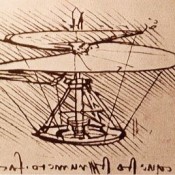
[audio:https://aviationenglishblog.com/wp-content/uploads/2010/09/09historyofaviation.mp3|titles=The History of Aviation]TOPIC: History of Aviation
GOAL: To learn about the origins of manned flight and its fascinating history
Level: Easy
Exercise #1: Read about the history of aviation and then proceed to Exercise #2
While many aviation professionals and enthusiasts recognize the beginnings of manned flight with the Wright Brothers or Santos Dumont, its origins really stretch well before those dates in aeronautical history. In fact, famous inventors such as Leonardo da Vinci, John Stringfellow and Lawrence Hargrave had conjured up ideas of how to get some of the strangest machines to fly long before the Wright brothers' famous first flight at Kitty Hawk.
The kite was the first form of an aircraft believed to have been first designed in the 5th century BC. Roger Bacon, an English monk, performed studies later on in the 13th century which gave him the idea that air could support a craft just like water supports boats. In the 16th century, Leonardo da Vinci studied birds’ flight and later produced the airscrew and the parachute. The airscrew, leading to the propeller later on and the parachute were tremendously important contributions to aviation. He envisioned three different types of heavier-than-air craft; the helicopter, glider and ornithopter (a machine with mechanical wings which flaps to mimic a bird).





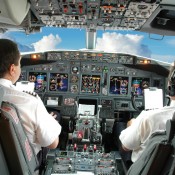
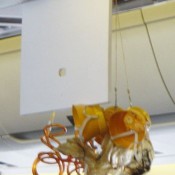

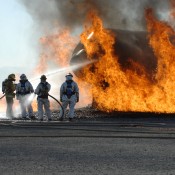












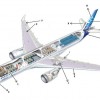


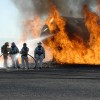
Recent Comments